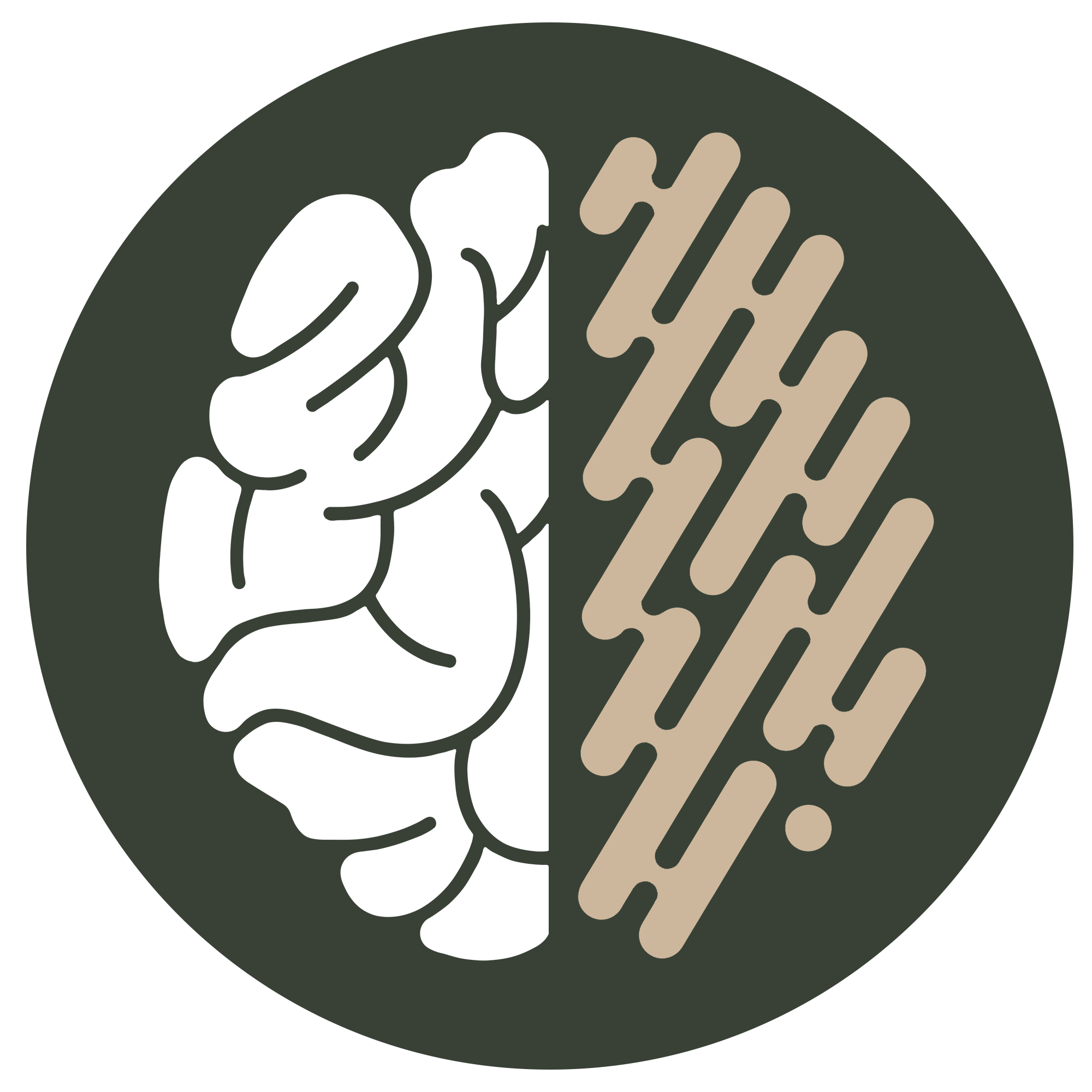Supporting Employees with Obsessive-Compulsive Disorder in the Workplace
Obsessive-Compulsive Disorder (OCD) is a chronic disorder characterised by persistent, intrusive thoughts (obsessions) and repetitive behaviours or mental acts (compulsions) that individuals feel driven to perform to alleviate anxiety. Despite popular misconceptions, OCD is not just about being overly tidy or organised. In fact, it’s a complex and often debilitating condition that can significantly affect an individual’s day-to-day life, including their performance at work. Employers play a crucial role in supporting employees with OCD in the workplace, ensuring they feel understood and valued.
How OCD Can Affect Employees

In the workplace, OCD can manifest in various ways, depending on the individual’s specific obsessions and compulsions. For some, OCD may lead to a constant need for reassurance, checking and re-checking work, or avoiding certain tasks that trigger their symptoms. For others, the disorder may cause them to be preoccupied with specific thoughts, making it difficult to focus on their responsibilities. The stress and anxiety caused by OCD can affect productivity, increase absenteeism, and lead to heightened levels of distress at work. This makes supporting employees with OCD in the workplace all the more important.
Understanding how OCD may present in employees is crucial for creating an inclusive and supportive work environment. OCD can show up in the workplace in several ways, including:
- Checking: Employees may repeatedly check tasks, such as reviewing emails or reports multiple times, due to an obsessive fear of making mistakes.
- Contamination fears: Some individuals may feel compelled to excessively clean or sanitise, especially in shared spaces, driven by a fear of germs or contamination.
- Mental rituals: While some compulsions are visible, others may be mental, such as counting or repeating phrases silently to counteract intrusive thoughts.
- Avoidance: Certain tasks, conversations, or environments may be avoided to prevent triggering obsessive thoughts or compulsions.
- Perfectionism: A relentless pursuit of perfection may lead to procrastination or redoing work, as the employee fears it won’t meet their high standards.
How to Support Employees with OCD
Supporting employees with OCD in the workplace requires sensitivity, awareness, and understanding. Below are some strategies for fostering an inclusive environment for individuals with OCD:

Inclusive Language and Communication
It is essential to use non-judgemental and inclusive language when discussing mental health. For example, avoid phrases like “You’re being so OCD” or treating the disorder as a quirk. Instead, foster an environment that encourages open communication where employees feel comfortable discussing their condition without fear of stigma.. Download our Neurodiversity Inclusive Language Guide for more information on this.

Reasonable Adjustments
Employers should consider making reasonable adjustments to accommodate employees with OCD. This could include providing flexible work schedules, offering private workspaces to reduce stress triggers, or allowing additional time for tasks to help ease anxiety.

Open Dialogue
Encourage employees to disclose their condition if they feel comfortable, and foster a workplace culture where mental health is openly discussed. Regular check-ins with employees who have disclosed their OCD can help identify specific triggers and work together to find solutions. At NeuroBridge, we have weekly check-ins and check-outs that allow employees to disclose any struggles or worries. Implementing these into your leadership approach can provide a safe space for supporting employees with OCD in the workplace.

Neurodiversity Training
Providing neurodiversity training to managers and colleagues is essential in creating a workplace culture that understands and supports employees with OCD. Training can help the team recognise signs of OCD, offer support compassionately, and reduce stigma.
The Importance of Education Around OCD
Educating employees and managers about OCD is critical to fostering an inclusive and understanding workplace. Many people are unaware of the realities of OCD, often viewing it through a lens of stereotypes and misinformation. By providing clear, factual information about the condition, organisations can combat stigma, reduce misunderstandings, and create a more supportive environment.
Training workshops, mental health awareness campaigns, and readily available resources can make a significant difference. Education empowers employees to better understand their colleagues with OCD and, in turn, encourages empathy and patience when interacting with them. Supporting employees with OCD in the workplace is an ongoing effort that benefits everyone.
For more information on how managers can effectively support employees with OCD, download our guide here.
Conclusion
OCD is a serious mental health condition that can deeply affect an individual’s experience in the workplace. However, with the right support, understanding, and adjustments, employees with OCD can thrive. By prioritising mental health education, using inclusive language, and fostering open communication, employers can create a workplace where all employees feel valued and supported.
Let’s take this OCD Awareness Week as an opportunity to educate ourselves and champion mental health in the workplace, supporting employees with OCD in the workplace and helping to break down the barriers they face.



